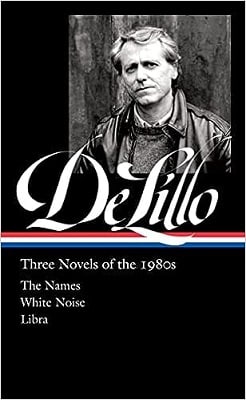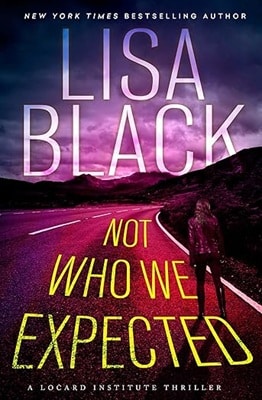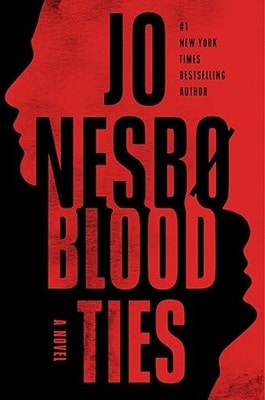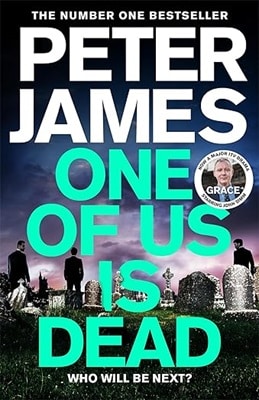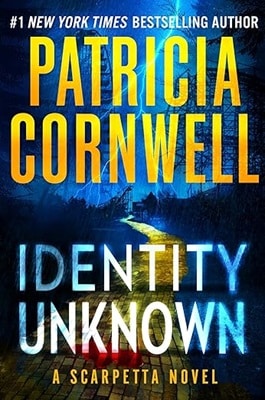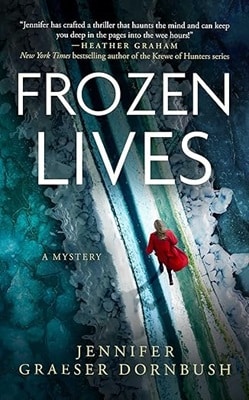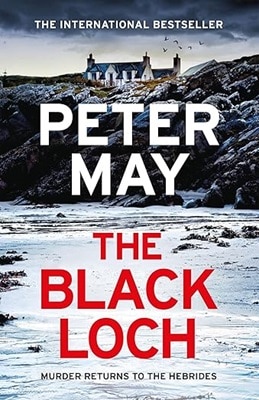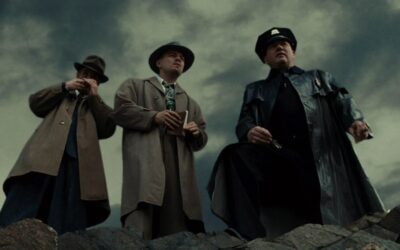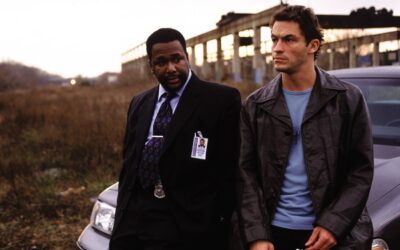Book Review
DeLillo
reviewed by Warner Holme
Don DeLillo’s “Three Novels of the 1980s” is a tightly-packed omnibus from the Library of America, featuring a number of works which never quite seemed to fit into traditional genre lines.
The first piece in the collection is “The Names,” a novel about a risk analyst dealing with family issues in Greece. A series of strange killings draws him in, and these soon are determined to be the work of a murderous cult, a secret society, adding another layer of strangeness to the overall narrative.
On page 113, a character notes, “We do the wrong kind of killing in America. It’s a form of consumerism.” In the 1980s, this might be seen as an amusing look at epidemics of crime, but in the context of the rest of the book, it seems more like a cultural condemnation of the nature of American business. This is especially true given that earlier in the same conversation, the ability of American companies to operate almost however they wanted in Canada is termed “pathetic capitulation” rather than any form of cooperative behavior.
“The Names” is a slow, purposeful, and, if one isn’t familiar with the type, a very strange read. The odd ritual murders and the scrutiny of the darker side of American and international enterprise create an unmistakably disturbing volume which teeters on the line between thriller and horror. The characters may not be the most memorable, but the primary purpose of this story is the examination of concepts above all else. As a result, the fact that each character works more than well enough in their role, with behaviors appropriate to the era, makes them function effectively.
“Libra” is arguably the author’s most famous work, delving into conspiracy theories and the general conception of the John F. Kennedy assassination as it affected not only the world on a temporal level but also a cultural one.
The inclusion of an author’s note is highly appreciated in this context, as it clarifies that the work is fiction and material within it, even when involving real people, should not be assumed to be 100% accurate. Given the proliferation of conspiracy theories regarding the assassination of John F. Kennedy, such a note is essential. A rare, noticeable typo occurs in this volume, with a line written as “My fondest dreams are shattered” on page 769. It is a testament to the quality of Library of America volumes that this error stands out.
The overall text is of high quality, recounting a fascinating story of radicalization, conspiracy, and tragedy. There is a built sympathy for one of the most reviled figures in American history, which is impressive as it is done without truly absolving him of the very act that made him infamous.
In addition to the three novels, there are a couple of articles that examine right-wing America and the Kennedy assassination. Both are insightful pieces that illuminate the author’s ideas and thought processes. Coupled with the usual informative chronologies and notes on the texts, this collection stands as an exceptionally thorough look at these works.
This is another stellar release from the Library of America. Featuring a living author means that the introductory material and the texts themselves have been vetted by the man who originally penned the books and essays within
More Crime
advertisement
Crime Features
Literary Crime
Where Depth Meets Deceit
Criminal Fashion
Iconic Outfits and Styles in Crime Fiction
Ethics in Crime Fiction
Exploring Morality in Law and Order

